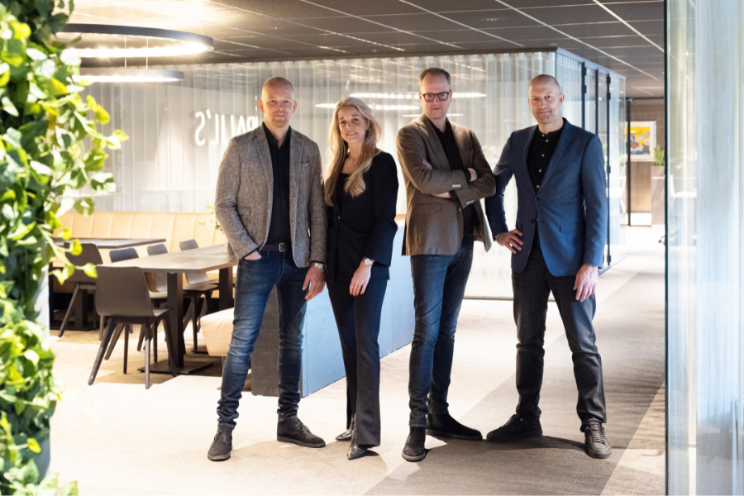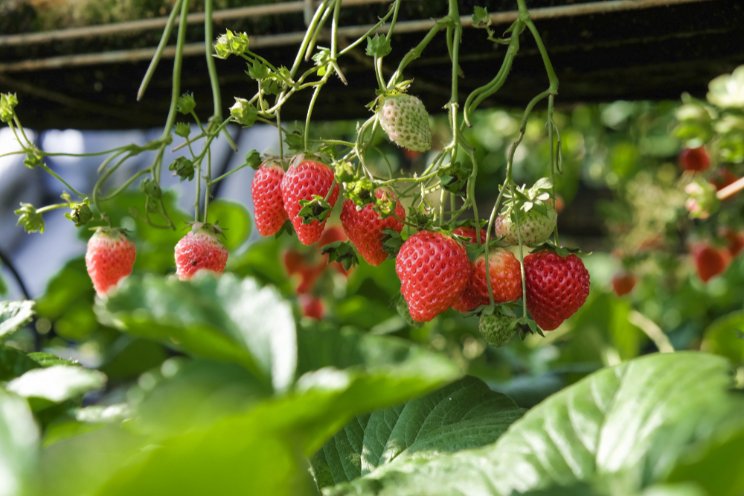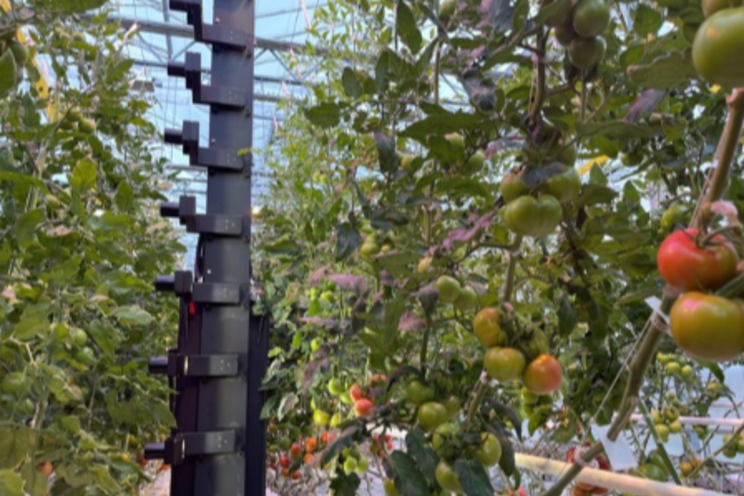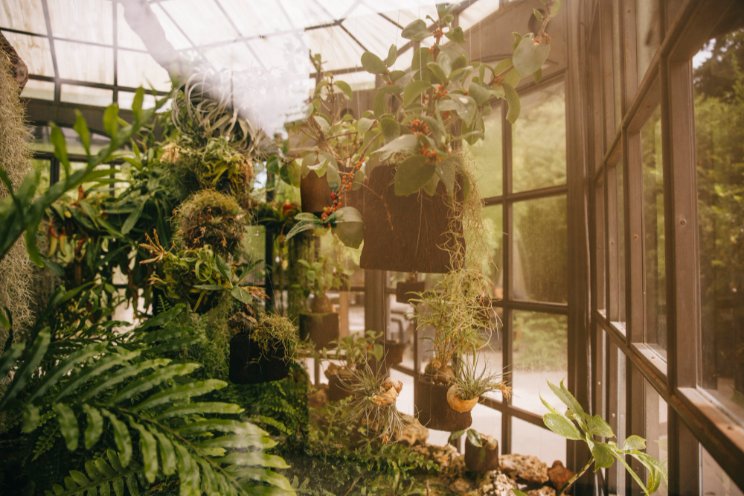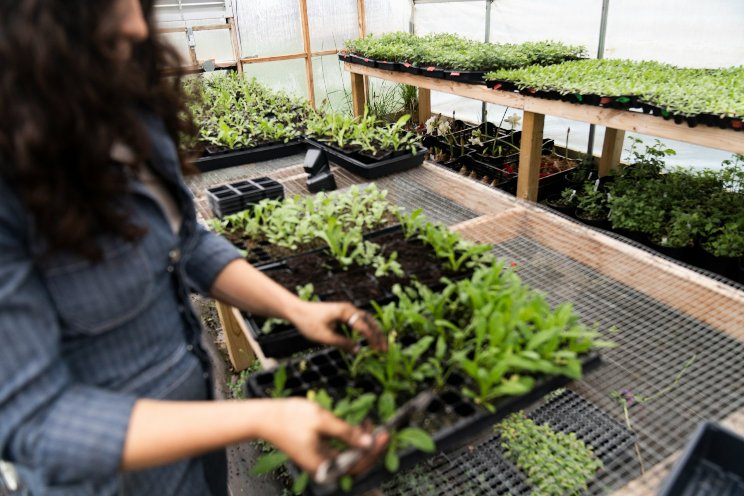The focus on transitions varies enormously per area
Added on 29 January 2024

Author: Jacco Strating
How will the global economy develop and how does that effect the opportunities for horticultural technology? Menno Middeldorp and Lambert van Horen of RaboResearch, part of Rabobank, point out the most important global developments. And according to them, there are major differences between countries and areas.
Energy and labour
Lambert van Horen says companies all over the world look at sales, but also at costs, which mainly revolve around energy and labour. “The issue is what order of attention these themes have within horticulture and in the field of investments. Sales are mainly on the revenue side, energy, and labour on the cost side. Perhaps you should also mention crop protection as a social theme. In Europe, energy is number one, labour is second and sales are third. But if you look at North America, you see that labour is at the top. And in the Middle East and China, sales are the number one priority. The focus on these themes varies enormously per area and highly depends on local circumstances. That is something to consider when making business decisions.”
Labour is an important theme, Van Horen continues. “Within high-tech horticulture, employees mainly come from abroad. Many Central Americans work in Canada and the US, in the Netherlands you see many people from Eastern Europe, in Australia the employees are recruited from the Philippines and in the Middle East people come from India. But politics worldwide are making it increasingly difficult to bring in people from other countries.” Also, the population is aging, says Middeldorp. “Western countries must deal with this, and it is becoming an issue in other areas of the world too. When countries have increasing prosperity, you always see that the birth rate will decrease. Both these developments offer opportunities for automation and robotisation in the next years, to make the industry less dependent on the availability of employees. There will certainly be a strong demand for labour-saving technology.”
Knowledge-driven technology
According to Van Horen, high-tech horticulture has also become a completely different profession. “It's no longer just about harvesting tomatoes, but also about managing your energy, negotiating with the supermarkets, and thinking about marketing. Growers therefore need more and more support to carry out all these tasks. There are already various parties that offer software, sensors, and other digital tools. They basically support local growers to guarantee their production. This knowledge-driven technology is also becoming an important theme.”
More news

